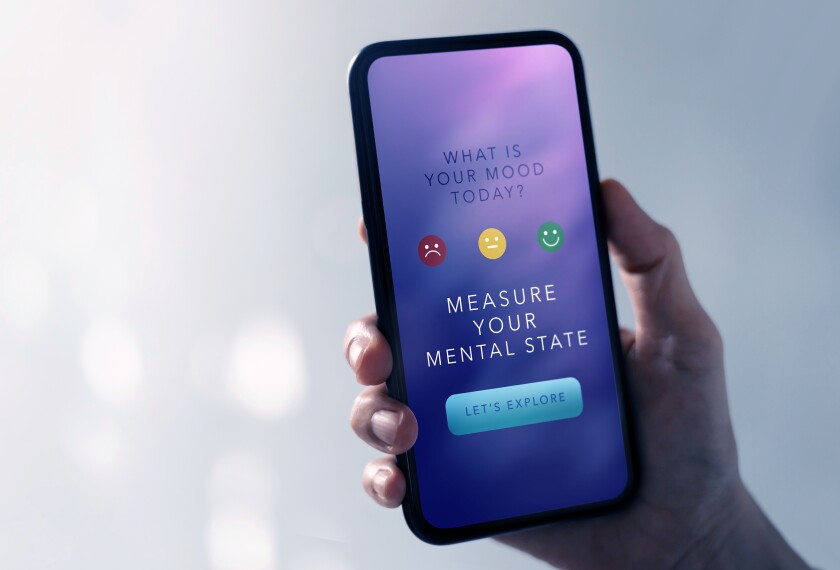Informal science activities, such as trips to museums and zoos, viewing of television shows, and even discussions between parents and children, have the power to improve students’ learning in that subject and their appreciation for it, a national study released today concludes.
Out-of-school science programs have become increasingly popular in recent years, as public officials and private organizations have sought to build academic skills during nonschool hours, the authors say.
Evaluating informal science programs is difficult, partly because the exact knowledge that students pick up from museum visits and other activities—such as making sense of the natural world—is not readily tested. Assessing students’ skills in informal environments can also run counter to the purpose of those activities, which is to present science in a fun and relatively unstructured way, the study says.
Even so, the authors found enough evidence from various studies and evaluations of out-of-school science programs to conclude there is a clear record that they support student learning.
“Contrary to the pervasive idea that schools are responsible for addressing the scientific knowledge needs of society, the reality is that schools cannot act alone,” the reports says. “Society must better understand and draw on the full range of science learning experiences to improve science education.”
The 339-page study, “Learning Science in Informal Environments: People, Places, and Pursuits,” which published Jan. 14, was completed by an expert committee of the National Research Council, which is based in Washington. The council, a part of the congressionally chartered National Academies, is an independent entity that seeks to inform policymakers and the public on science-related topics.
Philip Bell, who co-chaired the committee that wrote the study, said he hopes it will increase the understanding that cultivating scientific knowledge occurs “across the breadth of a person’s life.”
“We often equate science learning to moments of a student’s school instruction,” Mr. Bell said, but “it’s a broader picture than just schooling.”
Tailored Science
The study identifies six “strands,” or goals for student learning that can be supported through informal science education. They include building motivation to learn about the natural world; understanding scientific arguments, concepts, models, and facts; manipulating, testing, exploring, and questioning; understanding the nature of scientific knowledge, institutions, and processes; using scientific language and tools and working with one another; and thinking of themselves as science learners who can contribute to the field.
One finding of the study is that informal science activities can be tailored to meet the interests of students from very different backgrounds, said Mr. Bell, an associate professor of learning sciences at the University of Washington, in Seattle.
There is “mounting evidence,” the study says, that nonschool science programs can nurture students’ and adults’ interest in pursuing scientific careers. That finding could be valuable to policymakers, who worry that too few students, particularly girls and members of underrepresented minorities, are being encouraged to consider careers in math- and science-related fields.
Another conclusion is that strong evidence exists that educational TV has an effect on students’ science learning, but that the record is “substantially less” for other media, such as digital devices, games, and radio.
That finding did not surprise Francis Q. Eberle, the executive director of the 58,000-member National Science Teachers Association. Much of the research on games and other activities is relatively new, he said.
Overall, the study confirms his view that students pick up science skills in many settings. Mr. Eberle also agreed with the report’s conclusion that judging informal science activities is difficult, since the goal of many of them is to generate a “spark” or a “new realization” of what science is.
“How do you measure that spark?” Mr. Eberle said. “I don’t think we understand that well enough. ... The trail can be difficult to follow.”





